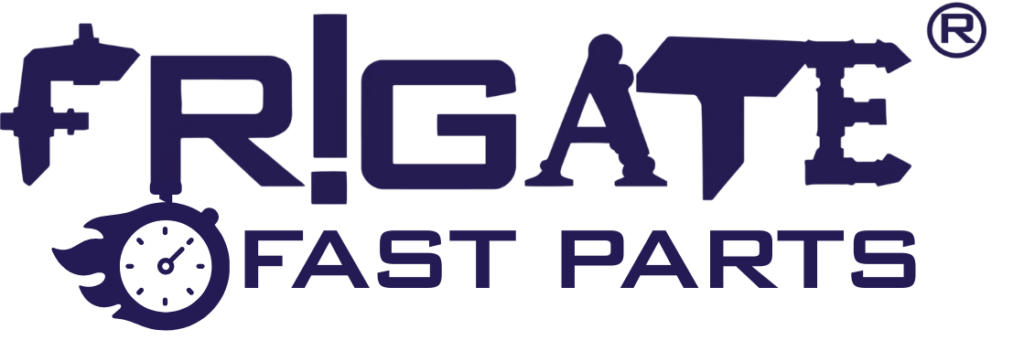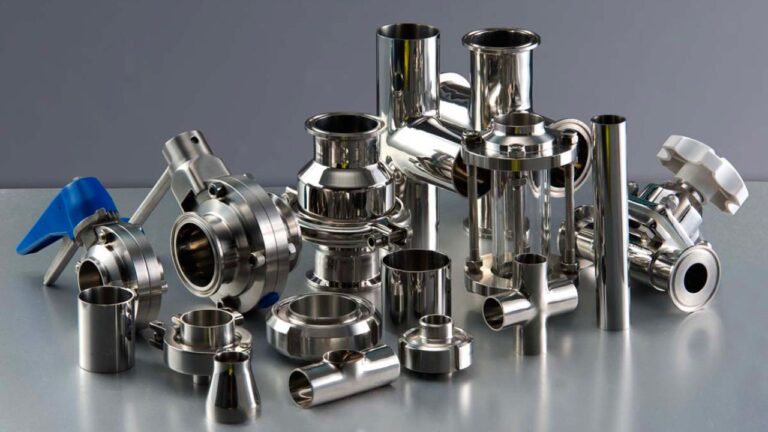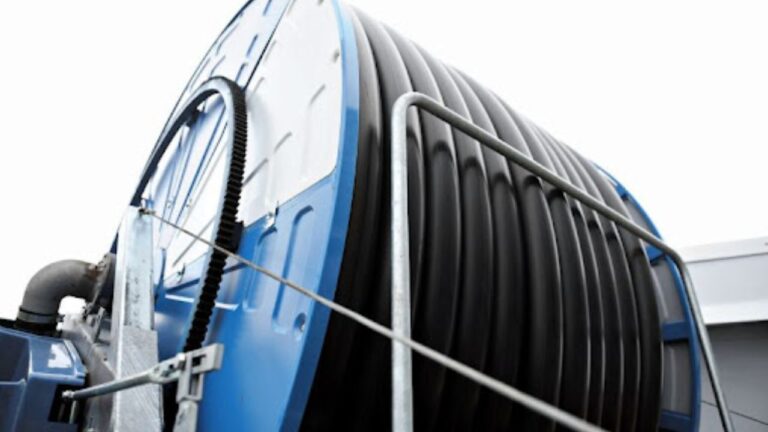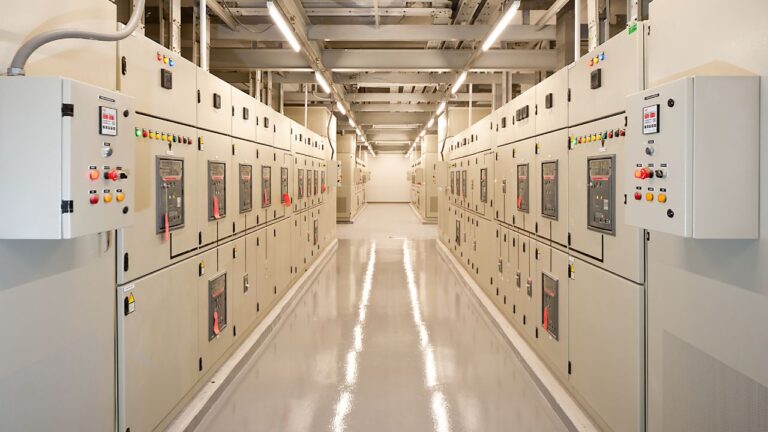CNC Turning Services for Biotechnology & Laboratory Equipment
Frigate offers precision CNC turned components built for critical functions in biotechnology and laboratory devices. We machine tight-tolerance parts from medical-grade and lab-compatible metals while meeting strict contamination control standards.
Our Clients



































- Parts for Controlled Environments
Advantages of Our CNC Turning Services
Our turning workflows support applications requiring cleanroom compatibility, biocompatibility, and precise dimensional repeatability.
Micro-Bore Channel Turning
We machine internal features with diameters under 0.8 mm using vibration-dampened tools for stability during high-speed micro-turning.
Elastomer Groove Definition
We maintain surface tolerance windows within ±0.005 mm to ensure consistent seal retention for peristaltic pump and syringe module housings.
Thermal Stress Minimization
Optimized spindle speed and coolant flow profiles prevent metallurgical shifts in alloys sensitive to heat distortion.
- Process Overview
Our CNC Turning Process
We use closed-loop inspection and multi-step in-process verification to produce defect-free parts for diagnostic, analytical, and handling systems.


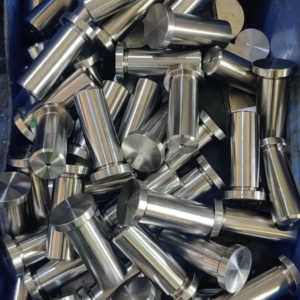
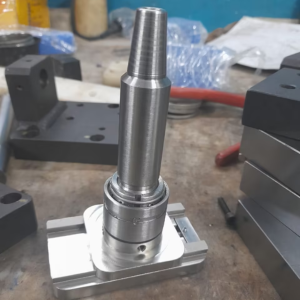
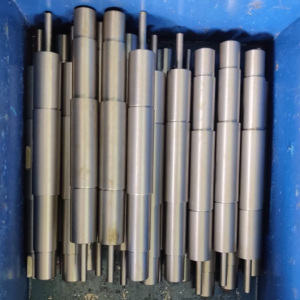

Our team designs the part in CAD software with focus on radial symmetry and tool clearance.
CAM software generates toolpaths based on spindle speeds, feed rates, and material hardness.
Operators load the raw bar stock and calibrate live tooling attachments, ensuring optimal alignment.
The part spins while stationary or live tools shape it via precision radial and axial cuts. Also, Our machines track spindle load and thermal drift in real time.
We perform part-off, facing, and secondary polishing before moving to the inspection stage.
Every part undergoes inspection using CMMs and profile projectors to verify dimensional and geometrical tolerances.
- Real Impact
Words from Clients
See how global OEMs and sourcing heads describe their experience with our scalable execution.
“Quick turnaround and solid quality.”
“The instant quote tool saved us time, and the parts were spot-on. Highly recommend Frigate!”
“Great service, fair price, and the parts worked perfectly in our assembly.”
“Top-notch machining and fast shipping. Very satisfied with the results.”
“Frigate delivered high-quality parts at a competitive price. The instant quote tool is a huge plus for us!”
“We appreciate the precision and quality of the machined components in the recent delivery—they meet our specifications perfectly and demonstrate Frigate’s capability for excellent workmanship.”
“Flawless execution from quote to delivery.”
“The precision on these parts is impressive, and they arrived ahead of schedule. Frigate’s process really stands out!”
“Parts were exactly as spec’d, and the instant quote made budgeting a breeze.”
“Good value for the money.”
“The finish was perfect, and the team was easy to work with.”
- Surface Coatings
Finishing for Laboratory-Grade Components
Post-turning processes include burr removal, controlled surface smoothing, and localized polishing to meet surface roughness targets required for bio-safe assemblies.
Anodizing
Give your aluminum parts a tough, corrosion-resistant shield with anodizing, reaching surface hardness up to HV 500, while enhancing electrical insulation and durability.
Mechanical Finishing
Smooth out imperfections and refine surfaces to Ra 0.2 µm or better with mechanical finishing techniques like grinding, polishing, and bead blasting.
Heat Treatment
Boost material strength and hardness by heat treating parts at temperatures up to 1100°C, ensuring they meet the mechanical demands of your application.
Electroplating
Add protective or functional metal coatings with electroplating, delivering consistent layers as precise as ±2 µm for improved corrosion resistance and conductivity.
Our Machined Products
We support your production needs with CNC-machined parts, subassemblies, and performance-critical components.
- Material Expertise
CNC Turning Materials
We machine a range of corrosion-resistant and non-reactive metals for cleanroom, chemical, and temperature-sensitive use cases. Each material offers mechanical and compatibility advantages depending on the application.
- Austenitic stainless steel provides high strength and corrosion protection for rotary joints.
- 6061-T6 aluminum balances machinability and biocompatibility in non-contact enclosures.
- Titanium alloys offer strength-to-weight ratio and low ion release, critical for precision actuator components.
A2 Tool Steel is a high-carbon, high-chromium steel known for its toughness and wear resistance. It’s ideal for producing durable, high-strength parts that can withstand heavy use.
Aluminum is a lightweight, corrosion-resistant metal with good machinability. Because of its strength-to-weight ratio, it’s commonly used in aerospace, automotive, and various industrial applications.
Brass is a copper-zinc alloy known for its machinability and corrosion resistance. It’s used for components requiring precise detailing and good mechanical properties.
Bronze is a copper-tin alloy with excellent wear resistance and strength. It’s often used for bushings, bearings, and other friction-prone components.
Cast Iron is known for its high wear resistance and machinability. It’s used in heavy-duty applications such as machinery parts and engine components.
Copper offers excellent thermal and electrical conductivity. It’s used in applications requiring heat dissipation or electrical conductivity, such as electronic components.
Steel is a versatile material known for its strength and durability. It’s used in various applications, from construction to automotive parts.
Titanium is a lightweight, high-strength metal with excellent corrosion resistance. It’s used in aerospace, medical implants, and high-performance engineering applications.
Stainless Steel offers high corrosion resistance and strength. It’s widely used in applications ranging from kitchen equipment to industrial machinery.
Zinc is a ductile and corrosion-resistant metal known for its excellent machinability, especially in its alloy forms. It's often used for components requiring intricate details, good surface finish, and precise dimensions, commonly found in automotive, hardware, and electrical applications.
- Consistency Engineered
Key Performance Highlights
Our systemized execution framework prevents delays and ensures every lab-compatible part meets dimensional, material, and batch-level expectations.
- Maintains shaft concentricity tolerance below 0.01 mm for centrifuge and analyzer spindles.
- Enables precise face turning of pressure-bearing housings used in sample filtration units.
- Supports diameters down to 0.5 mm in thin-walled test chamber fittings.
- Holds groove depth variation under 0.003 mm for critical sealing points.
- Enables batch-controlled repeatability for serial production of diagnostic hardware sub-parts.

- Adherence and Validation
Compliance for CNC Turning Services
Frigate’s CNC turning operations conform to quality and safety regulations required for lab, analytical, and biotech applications. Our documentation system supports validation workflows and traceability for every lot.
- Aligns with ISO 13485 manufacturing protocols where applicable to biotech device components.
- Maintains batch-specific traceability for all machined materials and dimensional checks.
- Conducts tool calibration audits and environmental monitoring to protect process stability.
Applies structured quality controls across all machining and inspection processes.
Supports parts for aerospace-grade laboratory automation equipment.
Ensures all turned parts meet EU hazardous substance restrictions.
Verifies conformity with European health, safety, and environmental regulations.
Meets standards for special process control in aerospace-relevant biotech tooling.
Maintains automotive-grade traceability protocols used in mass production diagnostics systems.
Supports UL compliance for electromechanical lab enclosures and rotating assemblies.
- We export to 12+ countries
Frigate’s Global Presence
Frigate takes pride in facilitating “Make in India for the globe“. As our global network of Frigaters provides virtually limitless capacity, and through our IoT enabled platform your parts go directly into production. By digitally and technologically enabling “the silent pillars of the economy” MSME and SME manufacturing industries, we are able to tap the huge potential for manufacturing to bring the best results for our clients.

100,000+
Parts Manufactured
250+
Frigaters
2000+
Machines
450+
Materials
25+
Manufacturing Process

- Inspection-Driven
Quality Testing Standards for CNC Turning Services
To measure the roundness of cylindrical features, ensuring they meet tolerance requirements.
To check internal surfaces for flatness, critical for sealing and assembly purposes.
To identify burrs or sharp edges that may affect assembly or safety.
To ensure that complex profiles (e.g., contours, curves) conform to design specifications.
To check the topography and texture of the surface, ensuring it meets the required specifications for function or aesthetics.
To verify that the surface hardness depth meets the required specifications for wear resistance.
To measure internal stresses that could lead to deformation or failure during or after machining.
To verify grain structure, inclusions, and material consistency, ensuring the part meets performance requirements.
- Product Portfolio
CNC Turned Parts
We maintain micron-level dimensional precision using ultra-stable turning centers and smart compensation controls. Explore recent samples of parts engineered for flow control, thermal regulation, and electromechanical movement in biotech devices.
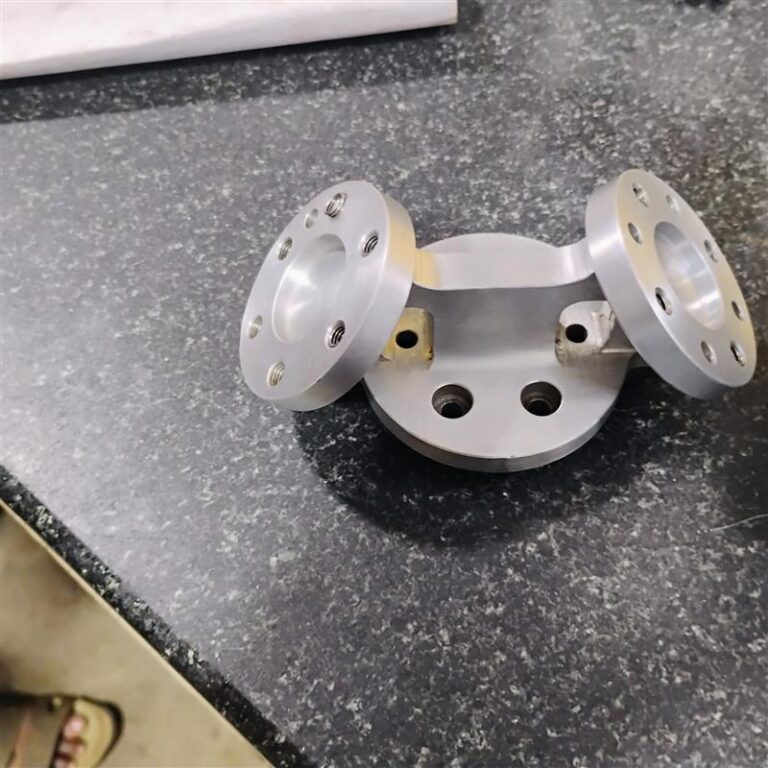
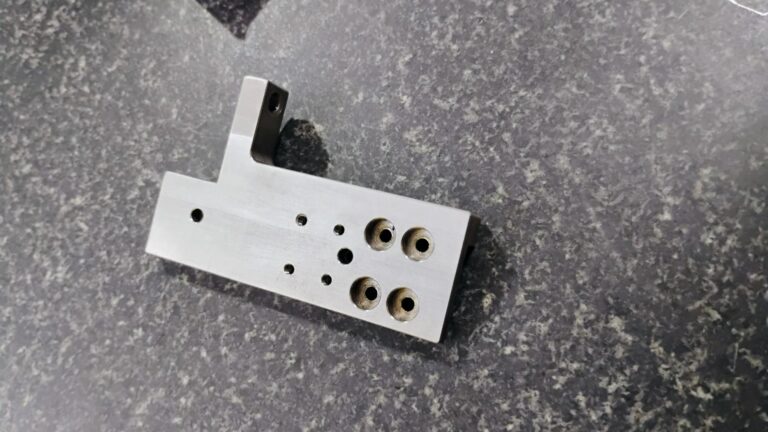
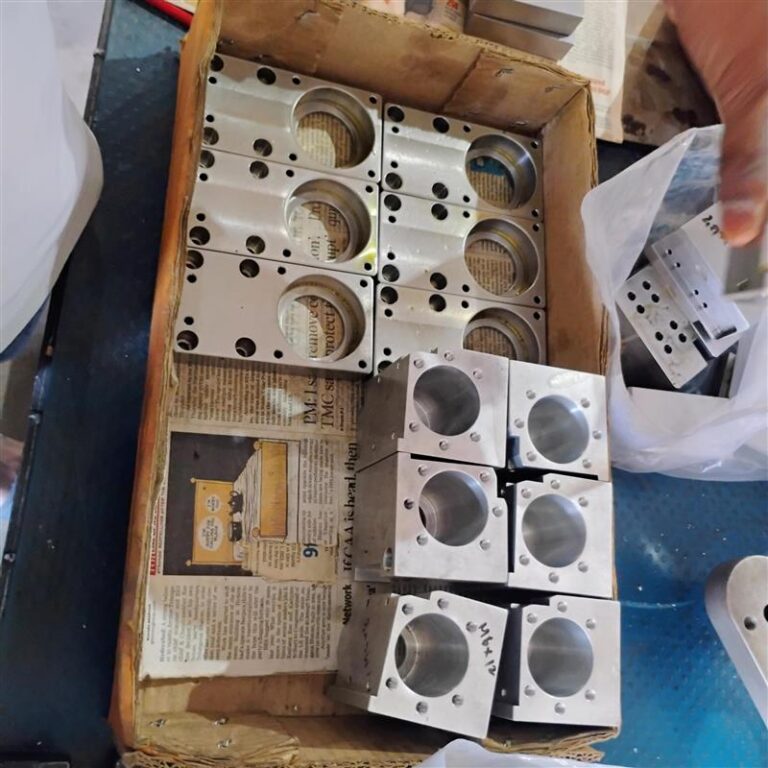
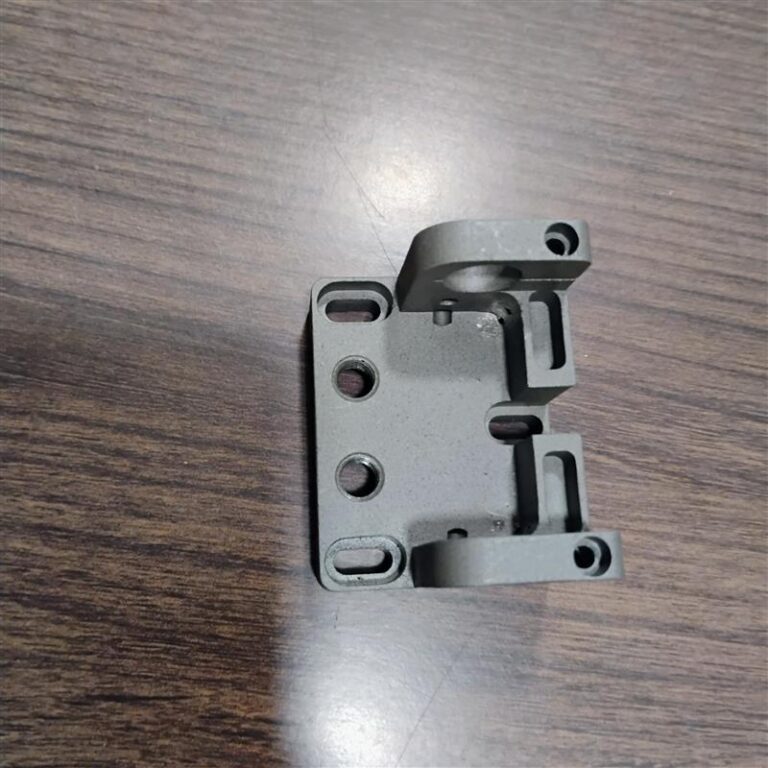
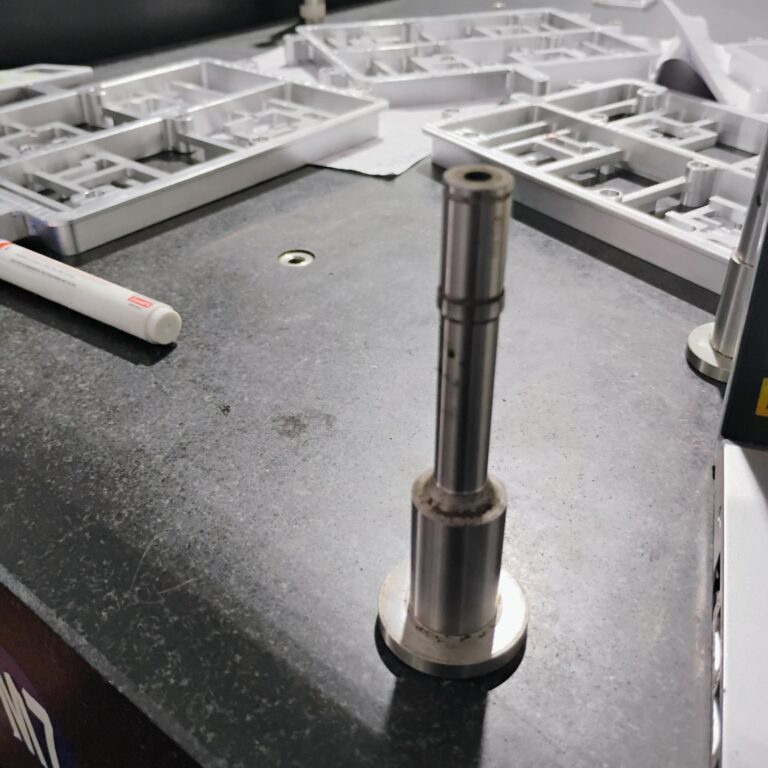
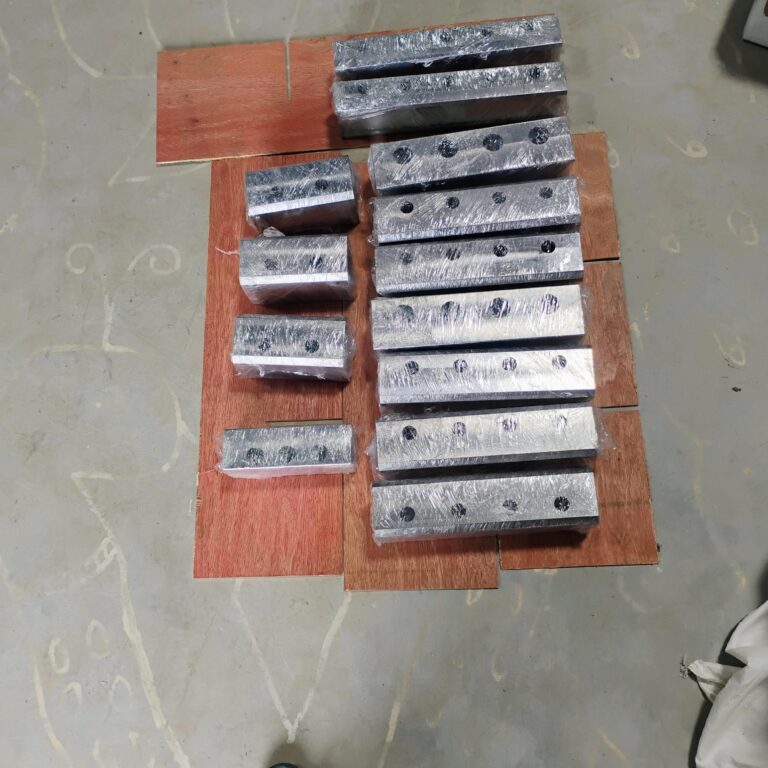


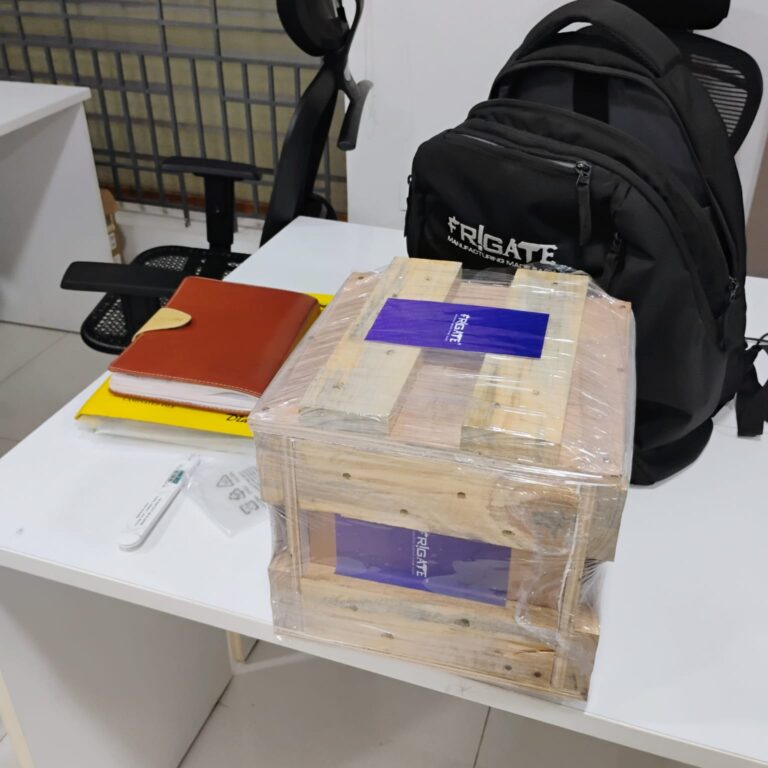



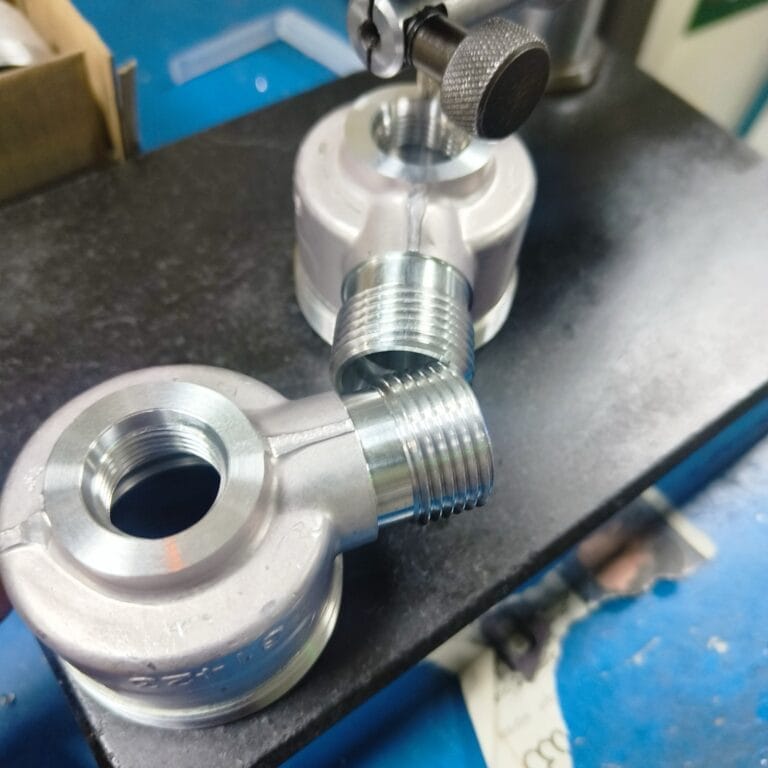

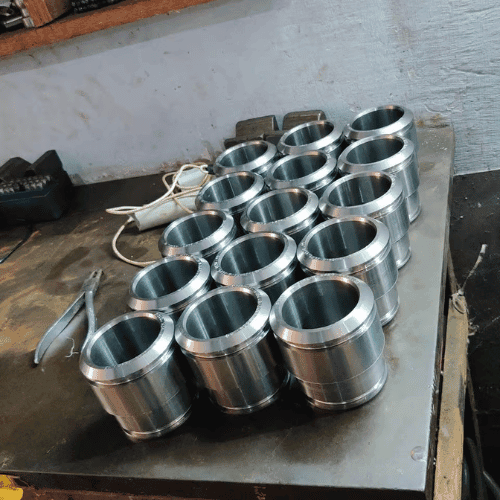
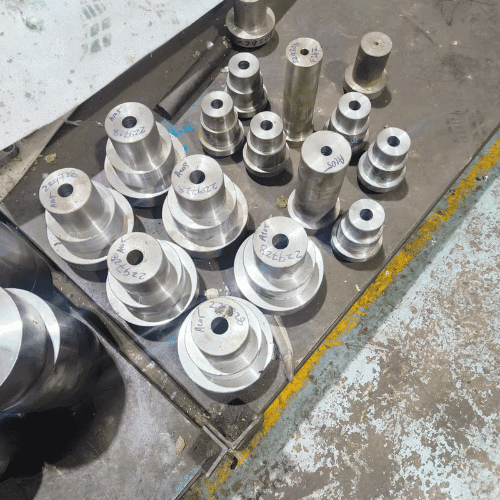
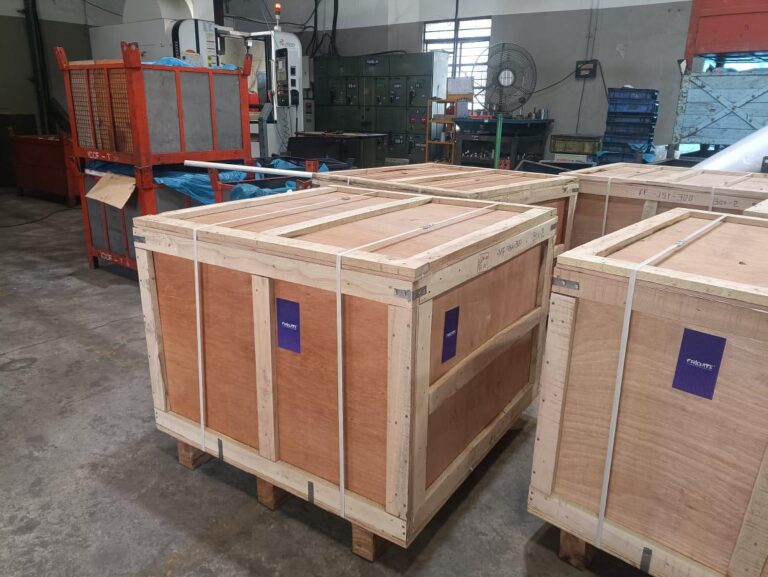
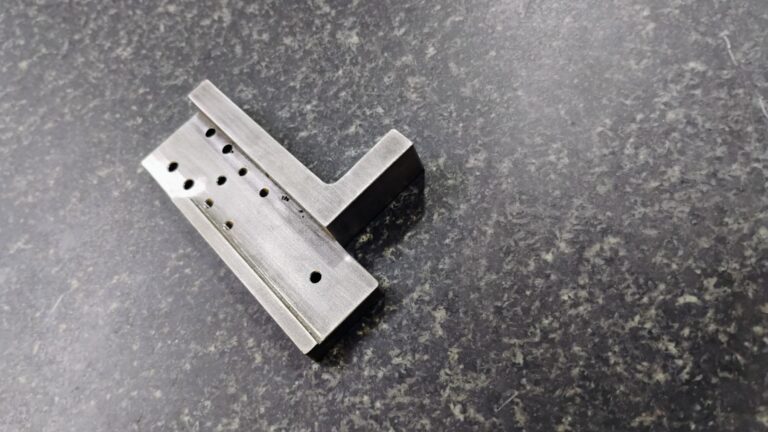
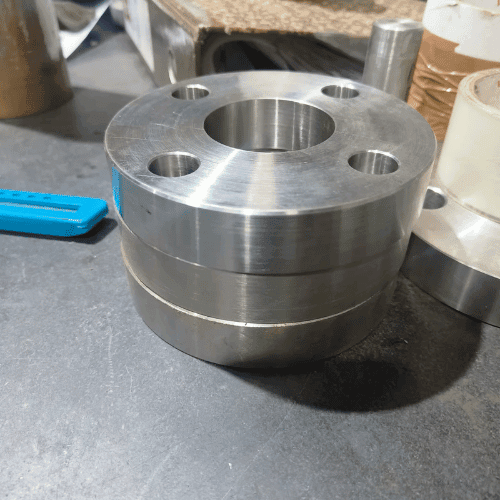
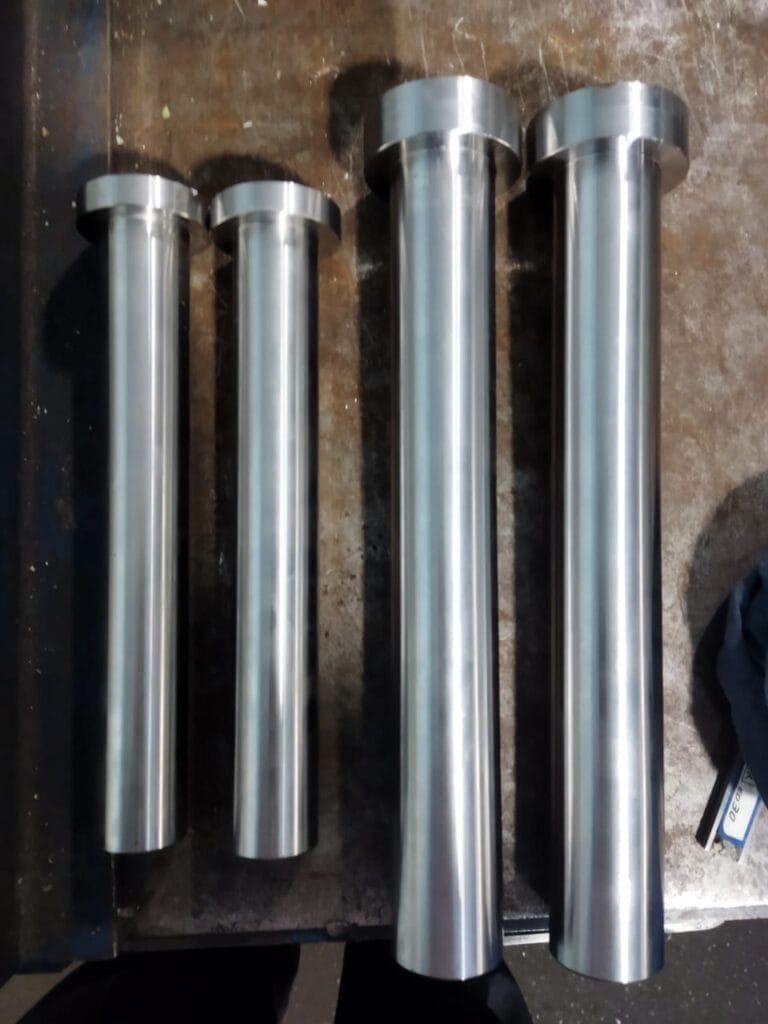

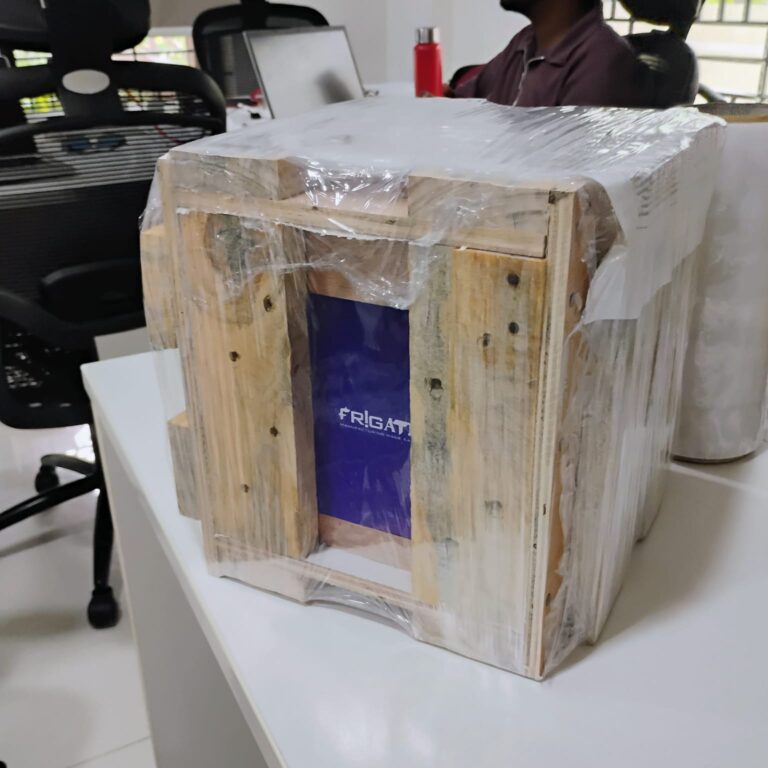

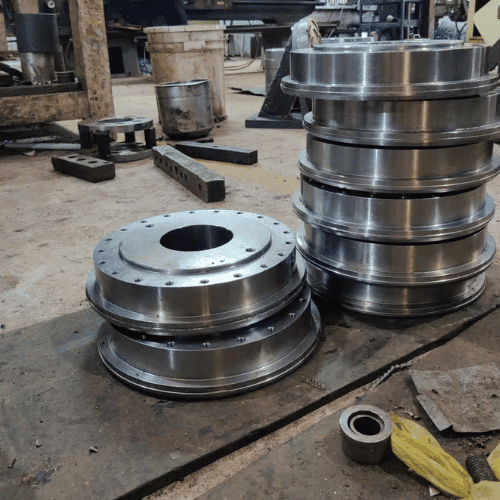
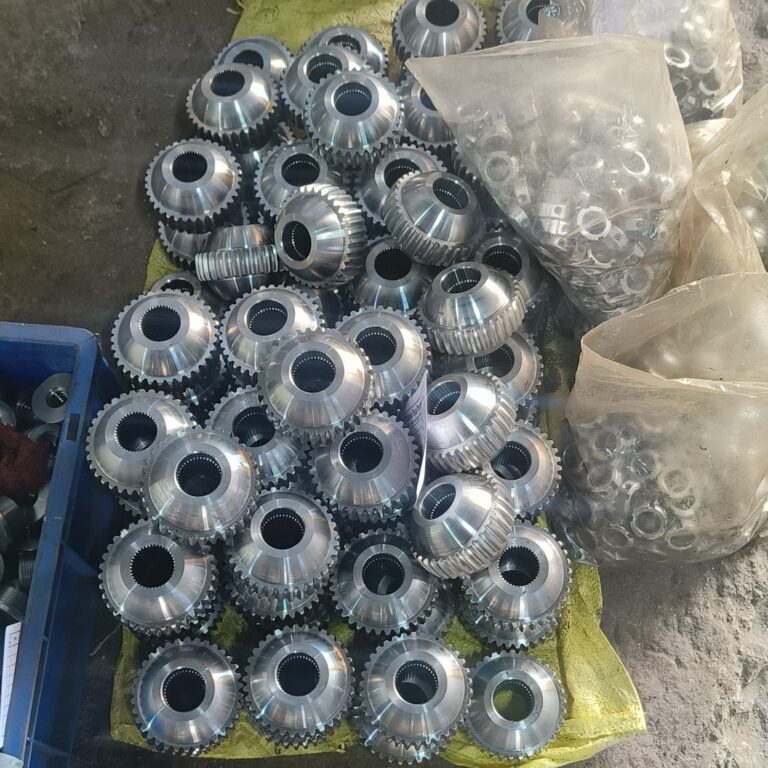
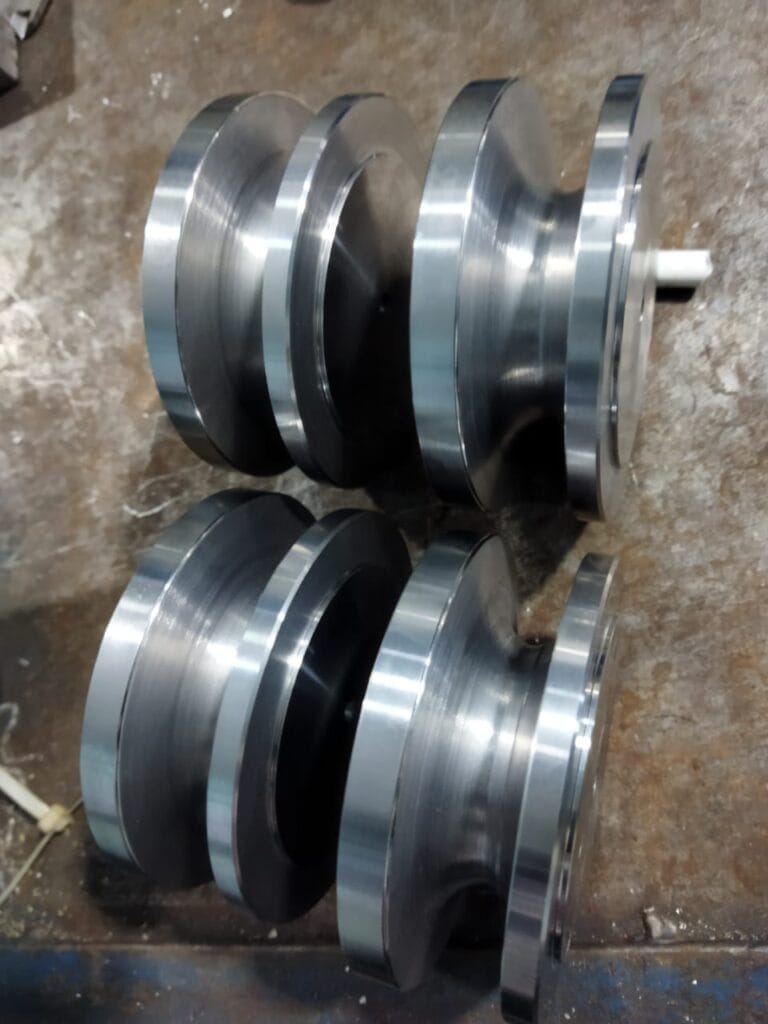
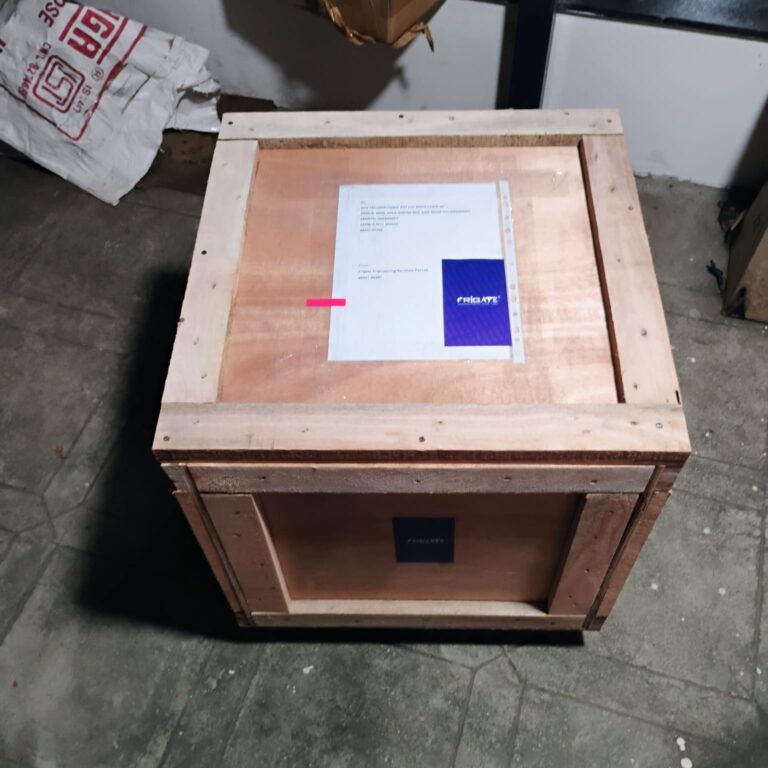
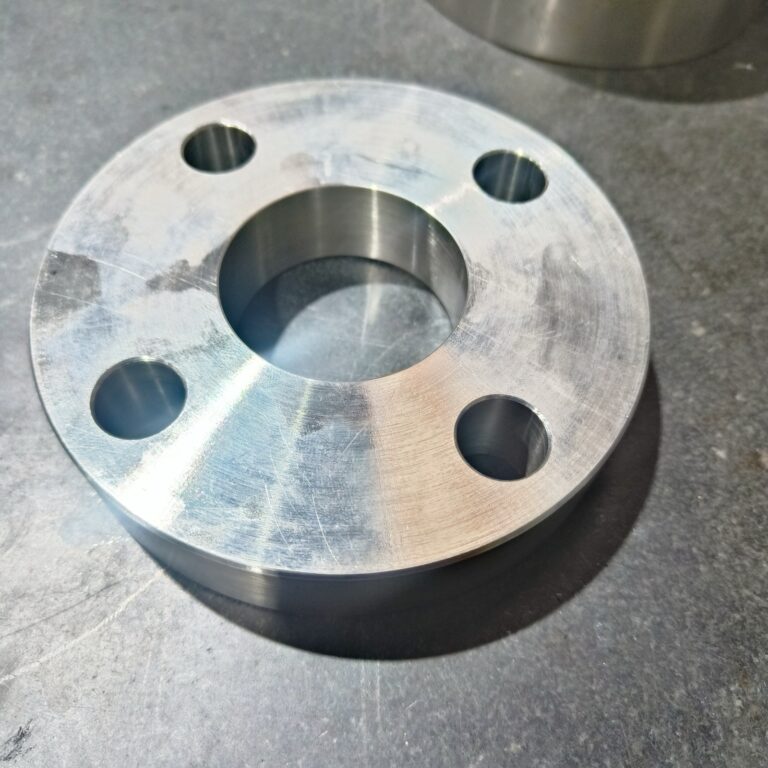
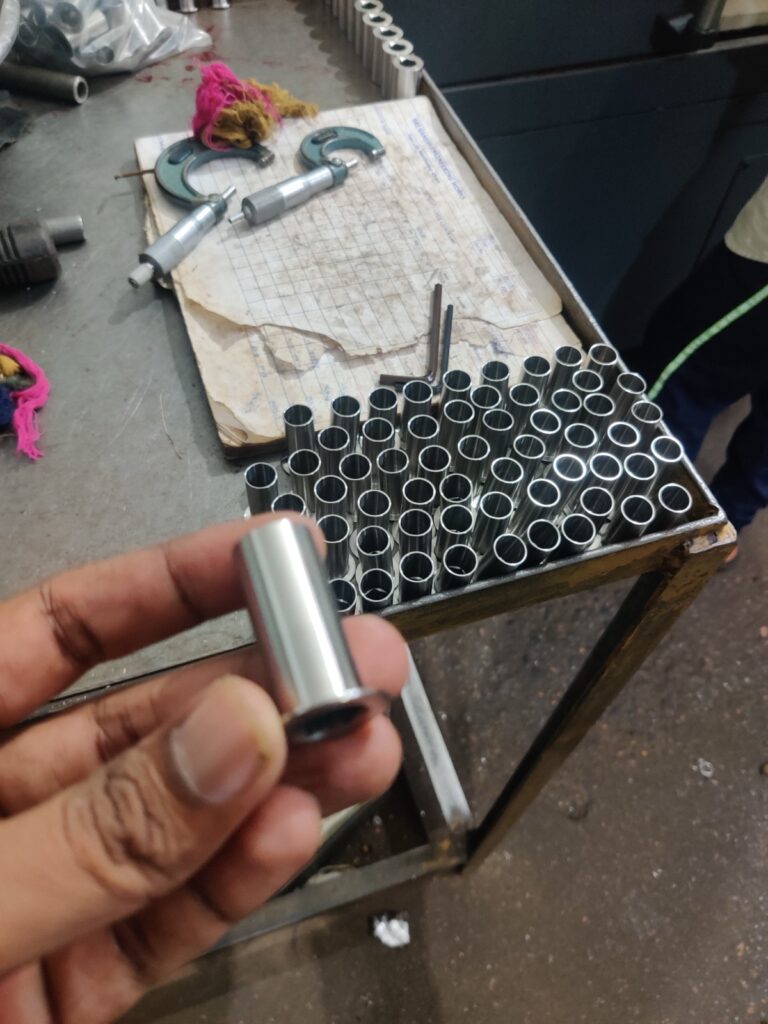
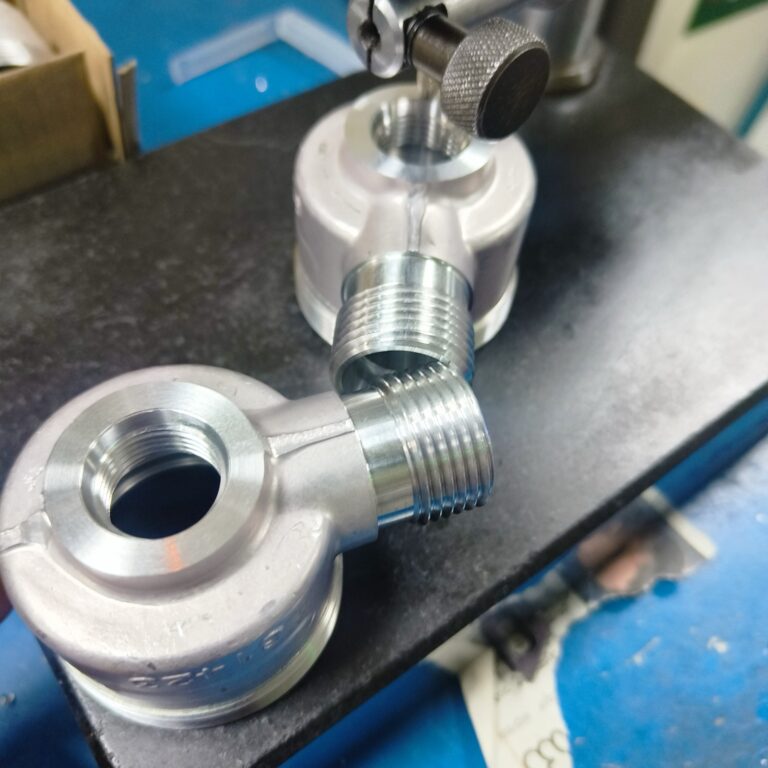
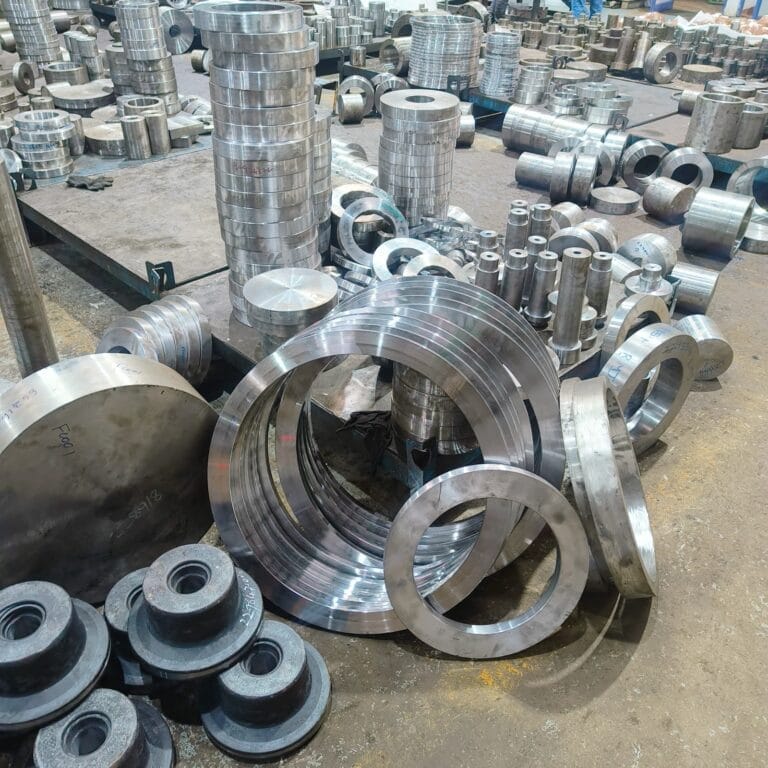
Other Industries We Serve
We deliver machining support across sectors that require consistency, material reliability, and tight dimensional control.
- Solid Progress
Our Manufacturing metrics
Frigate brings stability, control, and predictable performance to your sourcing operations through a structured multi-vendor system.
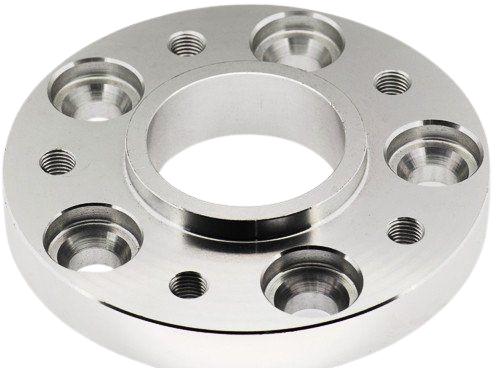
2.8X
Sourcing Cycle Speed
Frigate’s pre-qualified network shortens decision time between RFQ and PO placement.
94%
On-Time Delivery Rate
Structured planning windows and logistics-linked schedules improve project-level delivery reliability.
4X
Multi-Part Consolidation
We enable part family batching across suppliers to reduce fragmentation.
22%
Quality Rejection Rate
Multi-level quality checks and fixed inspection plans lower non-conformities.
30%
Procurement Costs
Optimized supplier negotiations and bulk order strategies reduce your overall sourcing expenses.
20%
Manual Processing Time
Automation of sourcing and supplier management significantly reduces time spent on manual tasks.
Get Clarity with our Manufacturing Insights
- FAQ
Having Doubts? Our FAQ
Check all our Frequently Asked Questions in CNC Turning
Frigate uses programmable hydraulic chucking with soft jaws to distribute clamping loads evenly across thin-walled parts. Rotational forces are managed by synchronizing tailstock support with active toolpath feedback. Coolant pressure is fine-tuned to reduce internal stress during material removal. In-process laser metrology ensures diameter stability, even under high spindle speeds. This approach supports critical applications such as sample chamber rotors and disposable tube spindles.
Frigate machines actuator components using multi-axis lathes with sub-micron resolution encoders. Toolpaths are generated using CAM simulations to predict load zones. Turning sequences include live tooling passes to maintain bore and shaft concentricity. Precision gauges verify tolerances down to ±0.005 mm. This ensures high positional accuracy in stepper-driven robotic pipettors and automated liquid handling systems.
Frigate employs diamond-polished inserts and low-friction feed rates during finishing passes. Tool engagement is adjusted to prevent micro-burr formation on sealing faces. After machining, parts undergo surface profilometry and passivation. Final roughness values reach Ra < 0.4 µm, supporting cleanability and sterility in components like flow cells and reagent manifolds.
Frigate performs batch-level spectrographic analysis before machining to confirm alloy compliance. During turning, temperature-controlled tooling limits work hardening in alloys like Inconel or Hastelloy. Tool wear is monitored in real time to prevent profile drift. Finished parts undergo chemical resistance testing and hardness validation. This ensures compatibility with harsh reagents in equipment such as chromatographic systems and sample digesters.
Frigate standardizes turning operations using validated CNC programs locked to each part number. Closed-loop quality feedback integrates laser-based dimensional checks at key milestones. Tooling offsets are managed by predictive wear algorithms. Batch reports include SPC data and CMM verification. This approach ensures part-to-part uniformity in high-volume production of diagnostic housing inserts and torque-fit collars.
We'd love to Manufacture for you!
Submit the form below and our representative will be in touch shortly.
LOCATIONS
Global Sales Office
818, Preakness lane, Coppell, Texas, USA – 75019
Registered Office
10-A, First Floor, V.V Complex, Prakash Nagar, Thiruverumbur, Trichy-620013, Tamil Nadu, India.
Operations Office
9/1, Poonthottam Nagar, Ramanandha Nagar, Saravanampatti, Coimbatore-641035, Tamil Nadu, India. ㅤ
Other Locations
- Bhilai
- Chennai
- Texas, USA
